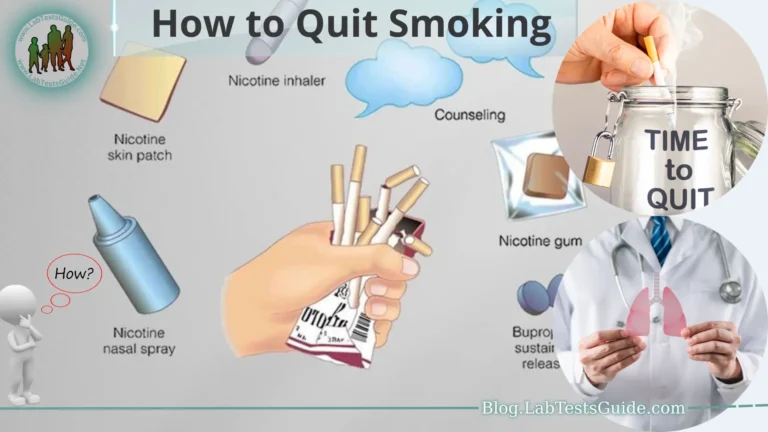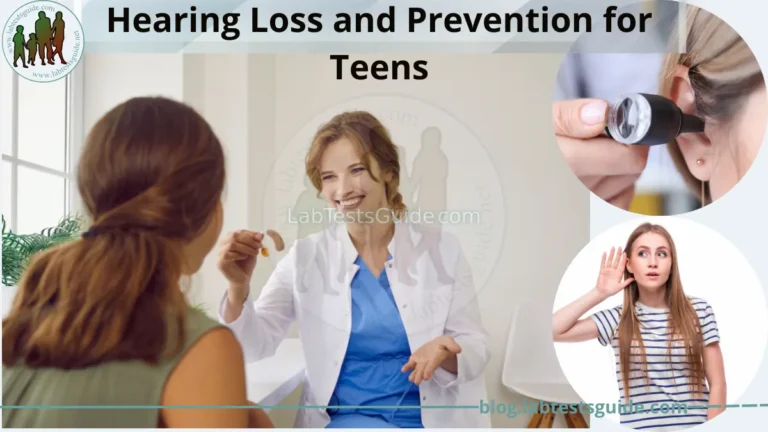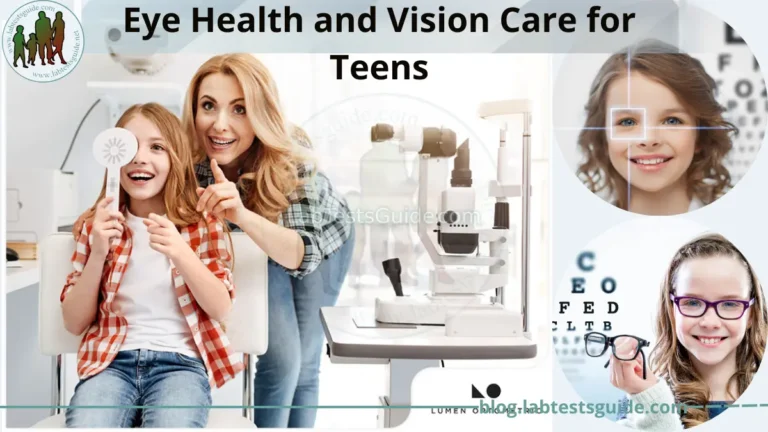In this guide, we’ll explore the benefits of mindfulness and meditation for teens, and provide practical tips and techniques for incorporating these practices into daily life. Whether you are a teenager yourself, or a parent or caregiver looking to support an adolescent’s mental health, this guide will provide you with valuable information and resources to cultivate a more mindful and peaceful life.

Understanding Mindfulness and Meditation:
Mindfulness and meditation are practices that involve paying attention to the present moment without judgment. Mindfulness involves being aware of your thoughts, feelings, and physical sensations in the moment, without trying to change or fix them. Meditation involves focusing your attention on a specific object or activity, such as your breath or a mantra, to cultivate a sense of calm and relaxation.
Both mindfulness and meditation have been shown to have numerous mental and physical health benefits, including reduced stress and anxiety, improved mood and well-being, and improved cognitive function. These practices can help people develop greater self-awareness, emotional regulation, and compassion for themselves and others.
While mindfulness and meditation have their roots in Eastern spiritual traditions, they can be practiced by anyone, regardless of religious or cultural background. There are many different types of mindfulness and meditation practices, and people can choose the techniques that resonate with them and fit their daily lives.
Benefits of Mindfulness and Meditation for Teens:
Mindfulness and meditation can have numerous benefits for teens, including:
- Stress and Anxiety Reduction: Mindfulness and meditation can help teens manage the stress and anxiety that often accompany academic pressures, social challenges, and hormonal changes. These practices can teach teens to observe their thoughts and emotions without judging them, and develop a greater sense of calm and equanimity.
- Improved Mood and Well-Being: Mindfulness and meditation have been shown to improve mood and well-being, and reduce symptoms of depression. These practices can help teens develop a greater sense of gratitude, contentment, and positive self-esteem.
- Increased self-awareness and emotional regulation: Mindfulness and meditation can help teens develop greater self-awareness and emotional regulation skills. These practices can teach teens to identify and manage their emotions in a healthy and constructive way, leading to more positive relationships and better mental health.
- Improved Cognitive Function: Mindfulness and meditation have been shown to improve cognitive function, including attention, memory, and problem-solving skills. These practices can help teens perform better academically and in other areas of their lives.
- Greater compassion and empathy: Mindfulness and meditation can help teens develop greater compassion and empathy for themselves and others. These practices can teach teens to relate to others with kindness and understanding, leading to more positive and fulfilling relationships.
In general, mindfulness and meditation can be powerful tools for promoting mental and emotional well-being in adolescents and helping them cope with the challenges of adolescence with greater ease and resilience.
Mindfulness Techniques for Teens:
Here are some mindfulness techniques that can be helpful for teens:
- Breathing exercises: Breathing exercises can help teens calm their minds and reduce anxiety. A simple technique is to count your breaths, inhaling for a count of four and exhaling for a count of six.
- Body Scan: This technique involves drawing attention to different parts of the body, starting with the toes and working up to the head. Teens can focus on the sensations in each part of the body and note any areas of tension or discomfort.
- Mindful Walking: Teens can practice mindful walking by paying attention to the physical sensations of walking, such as the sensation of your feet touching the ground. This technique can be practiced indoors or out and can help teens develop a greater sense of presence and awareness.
- Mindful Eating: Teens can practice mindful eating by drawing attention to the tastes, textures, and sensations of the foods they eat. This technique can help teens develop a greater appreciation for food and reduce unhealthy or excessive eating habits.
- Guided Meditations : There are many guided meditations available online that are specifically designed for teenagers. These meditations can be accessed through smartphone apps or websites, and can provide helpful structure and support for developing a regular mindfulness practice.
By incorporating mindfulness techniques into their daily lives, adolescents can develop greater self-awareness, emotional regulation, and resilience, and promote their overall mental and emotional well-being.
Meditation Techniques for Teens:
Here are some meditation techniques that may be helpful for teens:
- Body Scan Meditation: Similar to the body scan mindfulness technique, this meditation involves bringing awareness to each part of the body, starting from the toes and working its way up to the head. It can help teens relax and release tension from their bodies.
- Breath Awareness Meditation: This meditation involves focusing on your breath and observing your inhalations and exhalations without judgment or distraction. This technique can help teens calm their minds and reduce stress and anxiety.
- Loving Kindness Meditation: This meditation is about generating feelings of kindness and compassion toward yourself and others. It can help teens cultivate a more positive and accepting attitude toward themselves and others.
- Visualization Meditation: This meditation involves imagining a peaceful or relaxing scene or situation, such as a beach or forest. It can help teens relax and reduce anxiety.
- Mantra Meditation: This meditation involves repeating a word or phrase, such as “peace” or “calm,” to help focus the mind and promote relaxation and inner peace.
By incorporating meditation into their daily lives, teens can develop greater focus, concentration, and emotional regulation, and promote their overall mental and emotional well-being.
Tips for Incorporating Mindfulness and Meditation into Daily Life:
Here are some tips for teens who want to incorporate mindfulness and meditation into their daily lives:
- Start small: It can help to start with just a few minutes of mindfulness practice or meditation each day, gradually increasing the amount of time over time. This can help prevent overwhelm and ensure that the practice is sustainable.
- Establish a regular time: Choosing a regular time of day to practice mindfulness or meditation, such as first thing in the morning or before bed, can help establish a consistent routine and make the practice feel more integrated into the daily life.
- Find a quiet space: It can help to find a quiet, comfortable space where you can practice mindfulness or meditation without distractions. It can be a bedroom, a quiet corner of the house, or a quiet outdoor space.
- Use Guided Meditations: There are many guided meditations available online that can provide structure and support for your mindfulness and meditation practice. Teens can use smartphone apps or websites to find guided meditations designed specifically for their age group.
- Be patient and don’t judge yourself: It can take time to develop a regular mindfulness or meditation practice, and it’s important to be patient and not judge yourself. Remember that it is okay to have thoughts or distractions during practice and that the goal is to simply observe them without judging.
By incorporating mindfulness and meditation into daily life in a sustainable and enjoyable way, teens can reap the many benefits of these practices and promote their overall mental and emotional well-being.
Conclusion:
In summary, taking care of physical and mental health is crucial during adolescence and there are many strategies and techniques that can help. Acne is a common problem that can be controlled with a daily cleansing routine, the right skin care products, and healthy lifestyle habits. Exercise, including yoga, can also be an effective way to promote mental health and well-being in adolescents, and can easily be incorporated into daily life.
Mindfulness and meditation techniques can also provide significant mental health benefits for adolescents, including reduced stress and anxiety, increased focus and attention, and increased emotional resilience. By incorporating these practices into daily life in a way that feels sustainable and enjoyable, teens can cultivate greater self-awareness and self-compassion, and develop lifelong skills for managing stress and navigating life’s challenges.
It’s important to remember that there is no one size fits all solution for physical and mental health, and each teen will have their own unique needs and preferences. However, by exploring different strategies and techniques and finding what works best for them, adolescents can play an active role in promoting their own health and well-being, and develop lifelong habits that will serve them well into adulthood.






